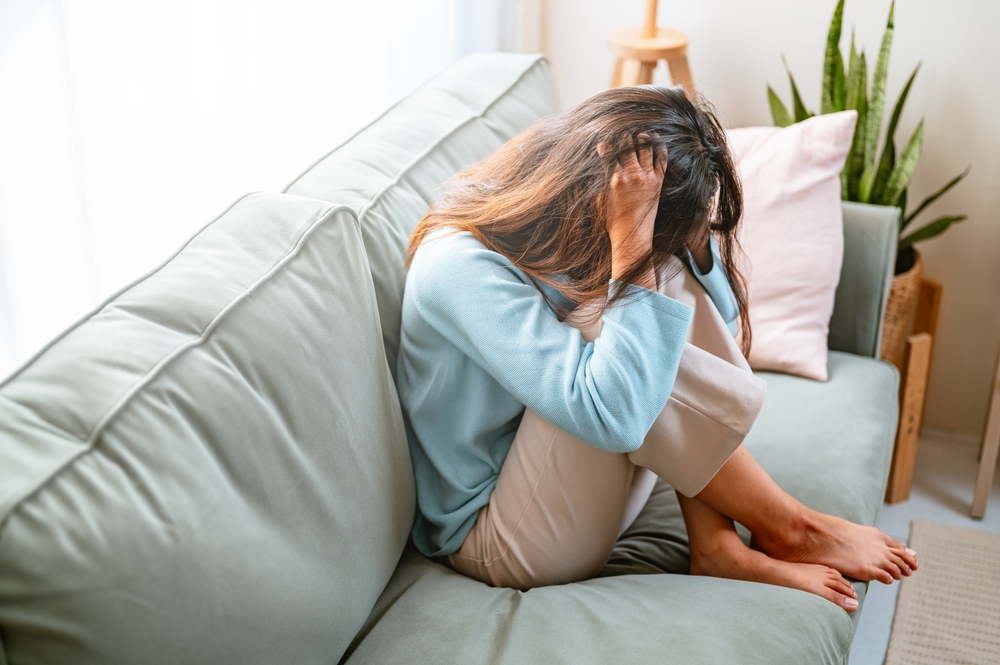It’s normal to feel overwhelmed from time to time. Deadlines, life changes, family responsibilities, or unexpected challenges can create pressure that affects your mood, sleep, and focus. But how do you know when everyday stress has crossed into something more serious like clinical anxiety?
This is a question many people ask themselves, especially when difficult feelings begin to linger. While situational stress and clinical anxiety can look similar on the surface, there are some important differences that can help you understand what you’re experiencing and what kind of support might be helpful.
What Is Situational Stress?
Situational stress is a temporary response to a specific life event or circumstance. It’s your body and mind reacting to something stressful like starting a new job, studying for finals, going through a breakup, or managing a financial setback. Everyone experiences this kind of stress at different points in life.
Key characteristics of situational stress:
- Directly tied to a specific situation or trigger
- Typically improves once the situation resolves or stabilizes
- May cause tension, restlessness, irritability, or difficulty sleeping
- Often manageable with rest, routine, support, or short-term coping tools
Situational stress is part of the human experience. It doesn’t mean something is wrong with you, it means you’re reacting to something difficult. And in many cases, this stress eases with time or with support from friends, family, or a therapist.
What Is Clinical Anxiety?
Clinical anxiety, on the other hand, is more than just a response to external stress. It’s a persistent, often internal experience of worry or fear that can interfere with daily life, even when there’s no obvious reason.
People with clinical anxiety may feel on edge much of the time. They may struggle to control their thoughts, avoid situations that trigger worry, or experience physical symptoms such as chest tightness, nausea, or dizziness. These symptoms often don’t go away on their own and they may worsen without treatment.
Signs of clinical anxiety include:
- Excessive or uncontrollable worry, even in low-stress situations
- Difficulty concentrating due to anxious thoughts
- Physical symptoms like rapid heartbeat, fatigue, or stomach issues
- Irrational fears that interfere with daily life
- Avoidance of places, people, or situations that feel triggering
- Anxiety that lasts longer than six months or becomes chronic
There are different types of anxiety disorders, including Generalized Anxiety Disorder (GAD), Panic Disorder, Social Anxiety Disorder, and specific phobias. Each presents differently, but they all involve a disruption to daily functioning and emotional well-being.
How to Tell the Difference
It’s not always easy to know whether you’re dealing with short-term stress or an ongoing anxiety disorder. Both can cause emotional discomfort and physical tension. The key is to pay attention to duration, intensity, and impact.
Ask yourself:
- Is this feeling tied to a specific event, or does it feel constant?
- Does it go away when the situation improves, or is it still lingering?
- Is it keeping me from sleeping, working, connecting, or enjoying life?
- Have I tried to manage it on my own, but nothing seems to help?
If the stress continues long after a situation is resolved or if it seems to exist independently of your circumstances, it may be time to explore whether clinical anxiety is at play.
Why the Distinction Matters
Understanding the difference between situational stress and clinical anxiety isn’t about labeling yourself. It’s about getting the right kind of support.
Situational stress often responds well to practical coping strategies: rest, time off, setting boundaries, talking to someone, or adjusting expectations. But clinical anxiety may require a more structured approach, like therapy, lifestyle changes, or in some cases, medication.
Getting a professional evaluation can provide clarity, especially if you’re feeling stuck or unsure. Early support can prevent symptoms from escalating and offer tools to help you feel more grounded and in control.
A Supportive, Personalized Approach in Stuart, FL
At Mental Health Haven, we understand that no two people experience stress or anxiety in the same way. That’s why we take the time to listen, assess carefully, and build a treatment plan that fits your unique situation. Whether you’re navigating a tough chapter or facing something more persistent, we’re here to support you, without judgment, and at your pace. For appointments, call us at 772-302-4352.






